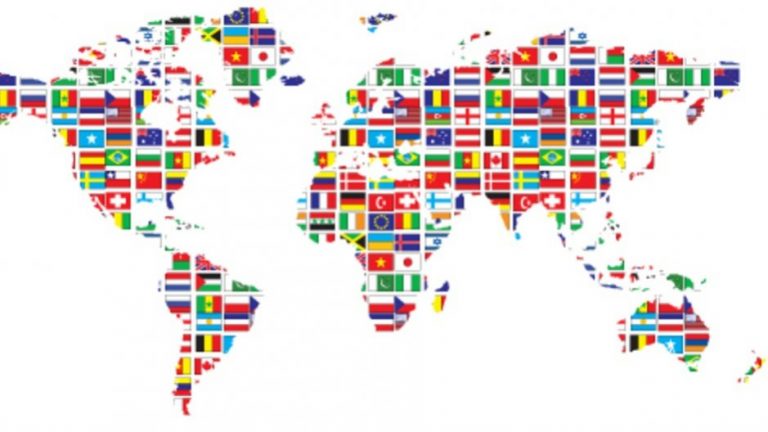There are at least two types of globalism: political and economic.
Right off the bat, political globalism reeks of some statist nonsense. The term automatically associates itself in my mind with programs and bodies like a universal basic income, NATO, or the UN. For whatever reason, it sounds more heinous than other equivalent terms, like nationalism. As do the terms I associate with political globalism. I can’t explain why, but a term like “universal basic income” conjures up a dirtier feeling in me than does a term like “Medicare for All” or “free college.” It’s probably because I’m desensitized to the free college, Obamacare, Bernie Bro talk.
Another kind of globalism is economic. This sits much better with me. I like the idea of people freely trading with each other across the globe.
In a tech driven age, where barriers to entry are so low that college dropouts can turn a garage business into a conglomerate, maybe we’ve already reached economic globalism.
Especially when considering the miracles of supply chain management and fulfillment provided by companies like FedEx and UPS (which I think are underrated companies; they don’t get the attention they deserve. Think about it, behind all of these online, direct-to-consumer companies, you have a fulfillment company making the entire thing possible. Without a well-run delivery machine, companies like Blue Apron, Casper Mattress, Harry’s Razors, etc. all fall apart). These companies have developed systems that can affordably send your items across the world, and they can show you in real time where your package is! It’s incredible.
Considering the capabilities of the fulfillment industry, if we’re not already there, then economic globalism is certainly inevitable, which is a good thing. The problem is when economic globalism and political globalism begin to mesh.
For example, consider the $1 trillion series of projects being undertaken by the Chinese, known as the New Silk Road. It’s a phenomenal project. Basically, it will attach China to Western Europe, with a sustainable system of infrastructure that will enable trade to nearly 3 billion people.
This sort of economic development is music to my ears. I don’t know who said it, but I believe in the sentiment that the more you trade with someone, the less likely you are to war with them. If nations become more economically dependent on each other, perhaps that will keep them from killing each other. Not to mention how much something like this will benefit the poor. Bringing capitalism to 3 billion people will do wonders to decrease those global poverty numbers even further.
However, not all is kosher with the New Silk Road. Yes, it will likely be a net boon to peace and wealth, but at what cost? What about those unforeseen costs and lost opportunities that Henry Hazlett tells us about? Well, like Hazlett also tells us, we’ll likely never know. We won’t ever know how much more of a net boon it would be if it was a private sector endeavor since nearly all of the New Silk Road will be financed by the Chinese government. And we all know where they get that money. And like Murray Rothbard tells us, the government and the bureaucratic apparatus of any state is incredibly inefficient, and wasteful. How much of that $1 trillion sum will be wasted on overbid contracts, laundered into the pockets of corrupt politicians, or be used to buy subpar work? Again, we’ll likely never know. Possibly even more terrifying than all of the wealth that will be lost, is the fact that since the Chinese government is buying the New Silk Road, they’re going to own the New Silk Road. You catch my drift? They’re going to control $1 trillion worth of what will become vital infrastructure.
What happens, after regions become dependent on the trade made possible by the New Silk Road, if the Chinese government decides they are having a bad week, or month, and cut off whole regions from the road?
Harsh conditions will follow. Think about the current state of Yemen. When the Saudi-led coalition imposed the blockade on the already poor country, their stores dried up. When your primary domestic product is coffee, you become dependent on imports from other nations for your vital supplies. After all, you can only eat coffee for so long.
Such is the danger of mixing politics with economics, and thus, the danger of mixing political globalism with economic globalism.














Add comment